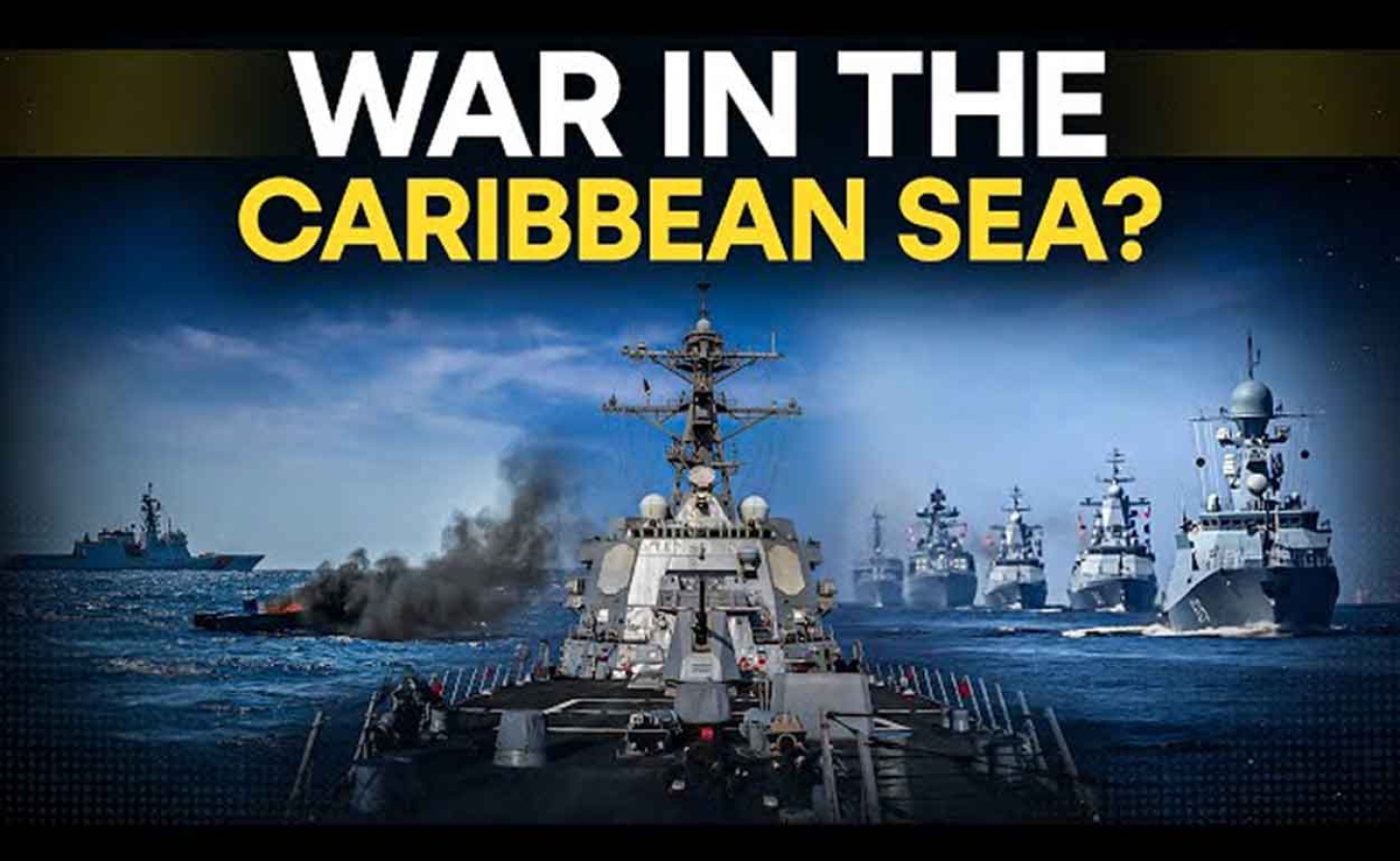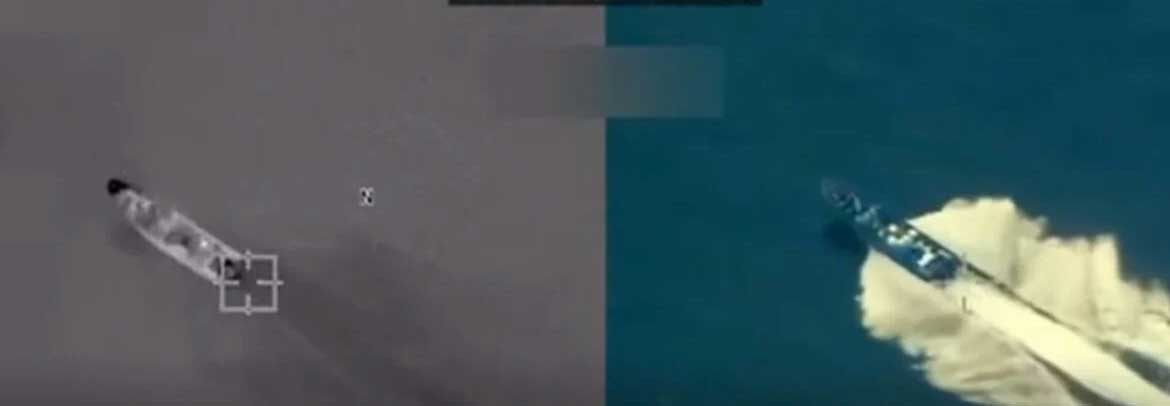CARICOM | Strike Four: Trump's Caribbean Gun Diplomacy Leaves CARICOM Talking to Itself

As another boat burns in Caribbean waters, regional leaders discover that American military operations speak louder than diplomatic silence
KINGSTON, Jamaica, September 20, 2025 - The digital timestamp on Donald Trump's latest Truth Social post tells only part of the story: 17 people are now confirmed dead across four US military strikes in Caribbean waters, while CARICOM foreign ministers remain locked in a one-sided conversation with Washington's diplomatic ghost.
Friday's fourth "kinetic strike"—as the Pentagon euphemistically terms state-sanctioned killing—claimed three more lives aboard what Trump alleged was a vessel "affiliated with a Designated Terrorist Organization conducting narcotrafficking."
The evidence? Trump's word. The location? Somewhere in "international waters" within the sprawling US Southern Command's area of responsibility. The proof? A grainy video of explosions posted to social media like a military recruitment advertisement.
The Diplomatic Dead Zone
While Trump celebrates his maritime body count with exclamation-heavy social media posts, St. Kitts and Nevis' Foreign Minister Dr. Denzil Douglas and his CARICOM colleagues have been reduced to diplomatic street performers, crafting careful letters that disappear into Secretary of State Marco Rubio's bureaucratic black hole.
Their September 7 request for dialogue—emerging from discussions at the African Union-CARICOM summit in Ethiopia—reads like a masterclass in diplomatic restraint: Can we please talk about your military posture in our hemisphere?
The answer, delivered through explosive action rather than diplomatic channels, suggests Washington views CARICOM's concerns as irrelevant background noise to its hemispheric security theater.
Zone of Peace, Theater of War
 The cruel irony cuts deep. For decades, CARICOM nations have championed the Caribbean as a Zone of Peace—a region where conflicts should be resolved through dialogue, not destroyer missiles.
The cruel irony cuts deep. For decades, CARICOM nations have championed the Caribbean as a Zone of Peace—a region where conflicts should be resolved through dialogue, not destroyer missiles.
This principle isn't merely aspirational poetry; it represents a hard-won commitment to multilateral cooperation in waters that have witnessed centuries of great power competition and colonial exploitation.
Trump's military deployment—seven warships carrying 4,500 personnel, including guided-missile destroyers and attack submarines—transforms these waters into an active theater where American definitions of security override regional sovereignty.
The Caribbean becomes a stage set for Trump's domestic political performance on border security and drug interdiction, with actual Caribbean lives serving as extras in his militaristic drama.
The Evidence Vacuum
Trump's strike announcements follow a disturbing pattern: bold claims backed by minimal verification. "Intelligence confirmed the vessel was trafficking illicit narcotics," he declared, as if presidential assertion constitutes courtroom evidence. No independent verification. No international oversight. No consultation with regional partners who supposedly benefit from these operations.
This approach transforms international waters into an American shooting gallery where suspected drug traffickers face summary execution based on intelligence assessments that remain classified and unverifiable. The absence of captured suspects, seized narcotics, or detailed operational reports suggests either remarkably efficient destruction of evidence or remarkably thin justification for lethal force.
Learning from CNN, Not Confidential Briefings
Perhaps most telling is how Caribbean leaders discover American military operations in their neighborhood: through Cable News Network rather than confidential diplomatic channels. This relegates regional governments to the status of interested observers rather than stakeholders in their own security environment.
The message is unmistakable: CARICOM's diplomatic preferences matter less than American operational priorities. Regional sovereignty becomes a quaint notion when weighed against Trump's domestic political calculations and his administration's muscular interpretation of hemispheric security.
The Precedent Problem
As the body count rises and diplomatic silence deepens, CARICOM faces a fundamental choice: accept marginalization in their own backyard or demand meaningful consultation before American warships turn Caribbean waters into a unilateral enforcement zone.
Trump's fourth strike isn't just another military operation—it's a declaration that American security interests trump Caribbean diplomatic concerns. The question for regional leaders isn't whether they can stop these strikes, but whether they can salvage any meaningful role in determining how security operates in their own hemisphere.
The Caribbean's Zone of Peace is becoming America's shooting range, one presidential tweet at a time.
-30-
